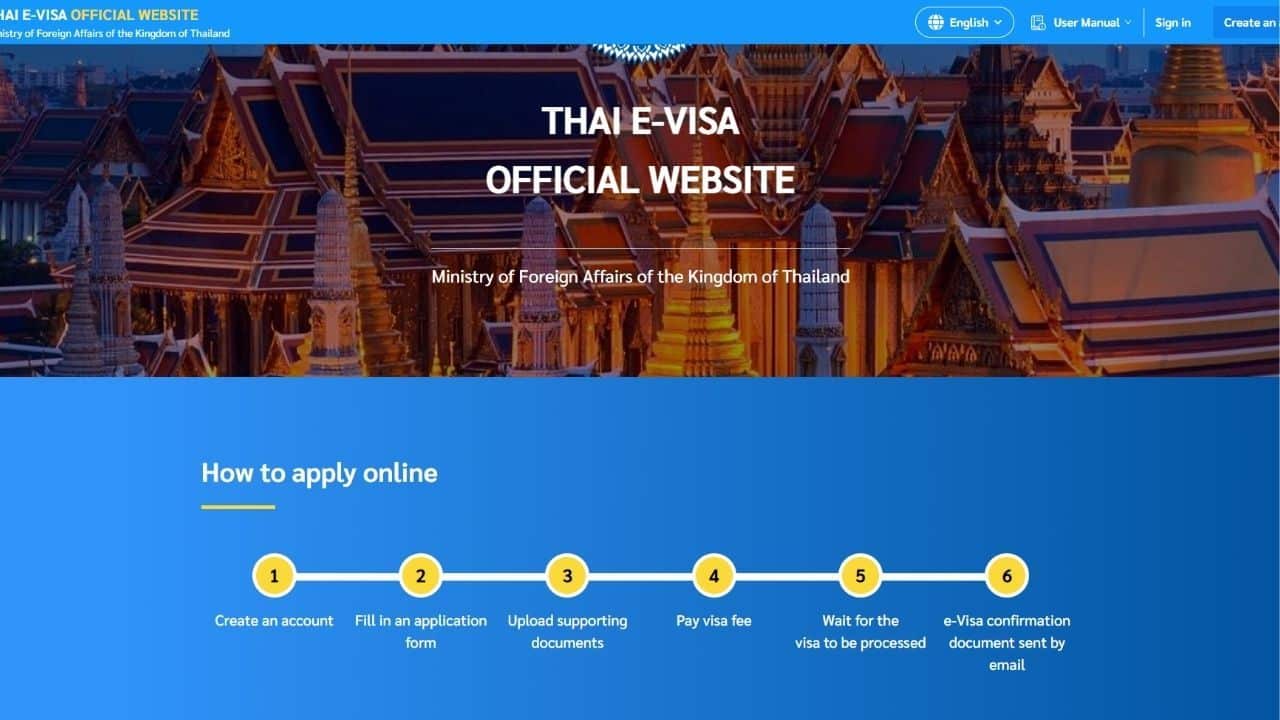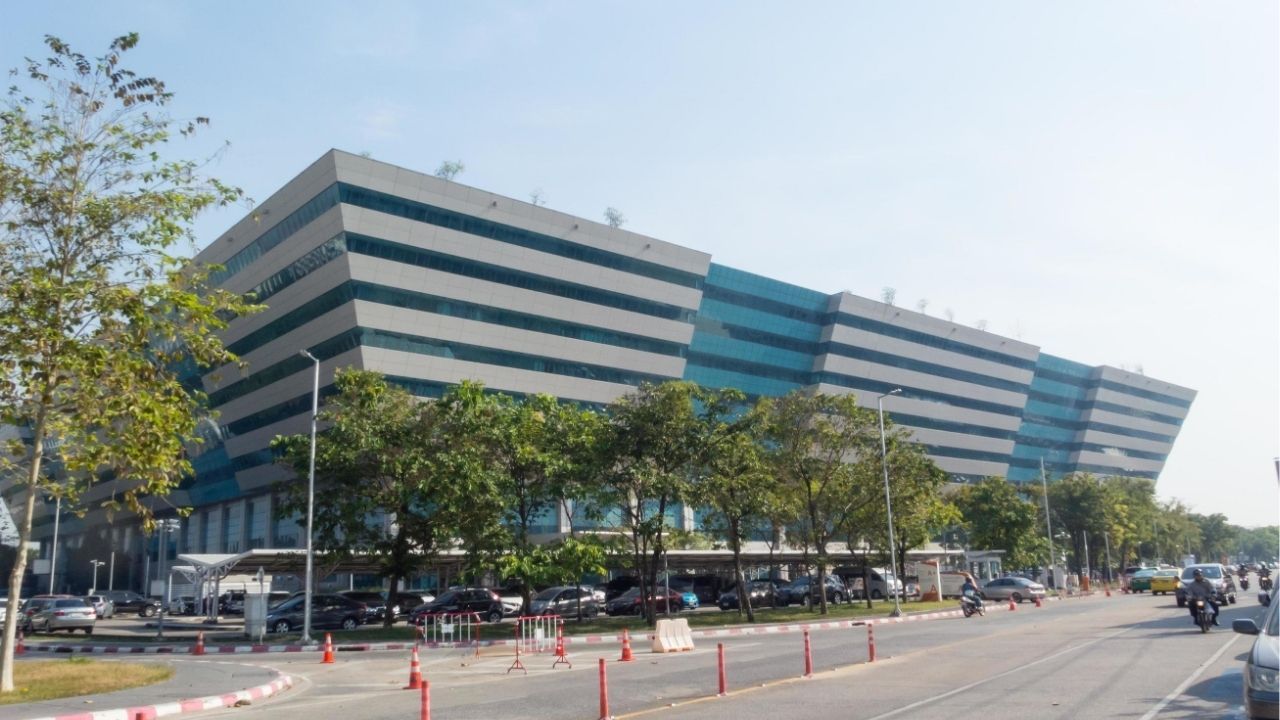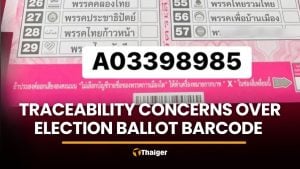A step by step guide to getting the Thai Student Visa (Non-Immigrant ED)
A practical guide to securing your Thai Non-Immigrant ED visa for studying in Thailand

The Thaiger key takeaways
- The Non-Immigrant ED visa allows foreign students to study legally in Thailand, covering universities, language schools, and training courses.
- Applicants must enrol in an accredited institution, apply online via the Thai E-Visa system, and complete 90-day reporting after arrival.
- The ED Plus visa offers university students an added benefit, which is a one-year post-graduation stay to find work in Thailand.
For international students looking to study in Thailand, understanding how to obtain the Thai Student Visa (Non-Immigrant ED) is a crucial first step. Whether you’re pursuing a university degree, attending a language school, or enrolling in a short academic course, this visa allows you to reside in Thailand while studying legally.
But like most immigration processes, getting the right visa comes with a list of requirements, paperwork, and timelines. This guide breaks it all down, especially for university-level students, in a practical, step-by-step format to help you navigate the process smoothly.
What is the Non-Immigrant ED visa?
The Non-Immigrant ED visa is Thailand’s official student visa for foreign nationals enrolled in formal education institutions. It applies to a wide range of study programs, including:
- University degrees (bachelor’s, master’s, PhDs)
- Vocational training and technical colleges
- Language courses (Thai or other languages)
- Religious and cultural studies
- Certain short-term training programs
Students aiming to study in Thai universities should take note of the ED Plus visa, a variant of the student visa designed specifically for higher education and accredited by the Ministry of Higher Education, Science, Research and Innovation (MHESI).
The steps:
| Steps (Click to jump) | Short Summary |
|---|---|
| Step 1: Get accepted into an approved institution | Apply only to schools or universities recognised by Thailand’s Ministry of Education (MOE) or MHESI to qualify for a Thai student visa. |
| Step 2: Gather your documents | Prepare your passport, photos, acceptance letter, school registration documents, and proof of accommodation before applying. |
| Step 3: Apply online via the Thai E-Visa system | Submit your application through thaievisa.go.th, upload documents, pay online, and receive your e-visa via email. |
| Step 4: Arrive and register in Thailand | Register with your school immediately after arrival so they can confirm your student status with Thai immigration. |
| Step 5: Extend your visa after 90 days | Most ED visas last 90 days. Renew through Thai immigration with your school’s assistance and required documents for a one-year extension. |
| Step 6 (Optional): Apply for ED Plus (University Students) | University-level students under MHESI can apply for ED Plus, which allows a one-year stay post-graduation to seek employment in Thailand. |
Step 1: Get accepted into an approved institution

Before applying for the visa, you must first receive an official acceptance letter from a school or university recognised by:
- The Ministry of Education (MOE) – for general education and language schools
- MHESI – for university-level programs
Check if your institution is on the approved list. Enrolling in an unrecognised program will make you ineligible for the student visa.
Step 2: Gather your documents
Once accepted, you’ll need to prepare your visa application documents. For most applicants, this includes:
Basic document checklist:
- Passport (valid for at least 6 months)
- Completed visa application form
- Passport-sized photos (as per Thai Embassy requirements)
- Letter of acceptance from the institution
- Evidence of payment or financial support
- Letter from the Ministry of Education or MHESI (depending on your school)
- School license or registration documents
- Proof of accommodation in Thailand
- Additional documents for minors (if applicable)
Note: Some consulates may ask for criminal background checks, health certificates, or proof of funds. Always check the specific requirements of the Thai embassy or consulate where you plan to apply.
Step 3: Apply online via the Thai E-Visa system

Thailand’s immigration process is now mostly digitised. All visa applications must be submitted through the official platform: thaievisa.go.th
Here’s how the process generally works:
- Create an account on the e-visa platform
- Upload your documents and photos
- Pay the visa fee online (prices may vary by country)
- Wait for processing (can take anywhere from 3 to 15 business days)
- Receive your approved e-visa via email
There’s no need to visit the Thai embassy in person in most cases. Once approved, you can enter Thailand by presenting your e-visa at immigration.
Step 4: Arrive and register in Thailand

After entering Thailand with your ED or ED Plus visa:
- Register at your institution as soon as possible
- Your school will notify immigration that you’ve arrived
- If needed, you’ll receive further instructions for your visa extension
Students who do not register on time or who fail to follow up with their school can risk losing their visa status.
Step 5: Extend your visa after 90 days
Initial ED visas are typically valid for 90 days. To continue studying, you’ll need to apply for a visa extension through Thai immigration with your school’s help.
What’s required for extension:
- School registration documents
- Student progress reports or attendance records
- Updated proof of residence
- Letter from the institution requesting an extension
- Immigration fee (approx. 1,900 baht)
Once extended, your visa may be valid for up to one year at a time, renewable annually depending on the length of your course.
Step 6 (Optional): Apply for ED Plus (University Students)

The ED Plus visa offers specific benefits for those studying at the university level:
- Issued under MHESI oversight
- Can be extended yearly with proper academic progress
- Includes a one-year post-graduation job-hunting period, which allows graduates to remain in Thailand legally while searching for work (limited to bachelor’s, master’s, and PhD graduates)
However, ED Plus still follows the same basic structure:
- Online application
- 90-day extension and reporting
- No work allowed unless you change to a work visa later
What about working on a student visa?
A Thai Student Visa (ED or ED Plus) does not allow you to work legally while studying. If you wish to take up employment in Thailand, you must:
- Change your visa type to Non-Immigrant B
- Obtain a work permit
Violating this rule can result in visa revocation and possible blacklisting.
Before flying to Thailand to begin your studies, make sure you complete your Thailand Digital Arrival Card (TDAC). This private service (not an official government website) lets you submit the TDAC form earlier than the standard 72-hour window, helping you avoid airport delays and ensuring a smoother entry so you can focus on settling in and completing your student visa procedures.
Accompanying family members
If you are a student with children or a spouse, they may be eligible for accompanying visas under special conditions.
- Children attending school in Thailand may also apply for ED visas
- Spouses must apply separately and are not automatically granted visas
This depends heavily on the institution and the individual immigration officer’s discretion.
90-day reporting and visa compliance

Whether you’re studying for 3 months or 3 years, all foreign nationals on ED visas must comply with Thai immigration regulations:
- Report your current address to immigration every 90 days
- Renew your visa before expiration
- Avoid overstays, which come with fines or blacklisting
- Keep your passport and visa documents updated
Common pitfalls to avoid
- Enrolling in non-accredited or “visa scam” schools
- Assuming short-term language courses will grant long-term visas
- Missing your 90-day reporting date
- Working illegally while on a student visa
- Entering Thailand before receiving visa approval
Being cautious and well-prepared goes a long way in avoiding unnecessary complications.
Studying in Thailand offers a rich and rewarding cultural and academic experience but it begins with understanding the visa process. The Non-Immigrant ED and ED Plus visas are your legal gateway to becoming a student here.
By following the steps above, ensuring your institution is recognised, and keeping up with your immigration responsibilities, you’ll be well on your way to a smooth transition into Thai student life.
ดูโพสต์นี้บน Instagram
Latest Thailand News
Follow The Thaiger on Google News:


























